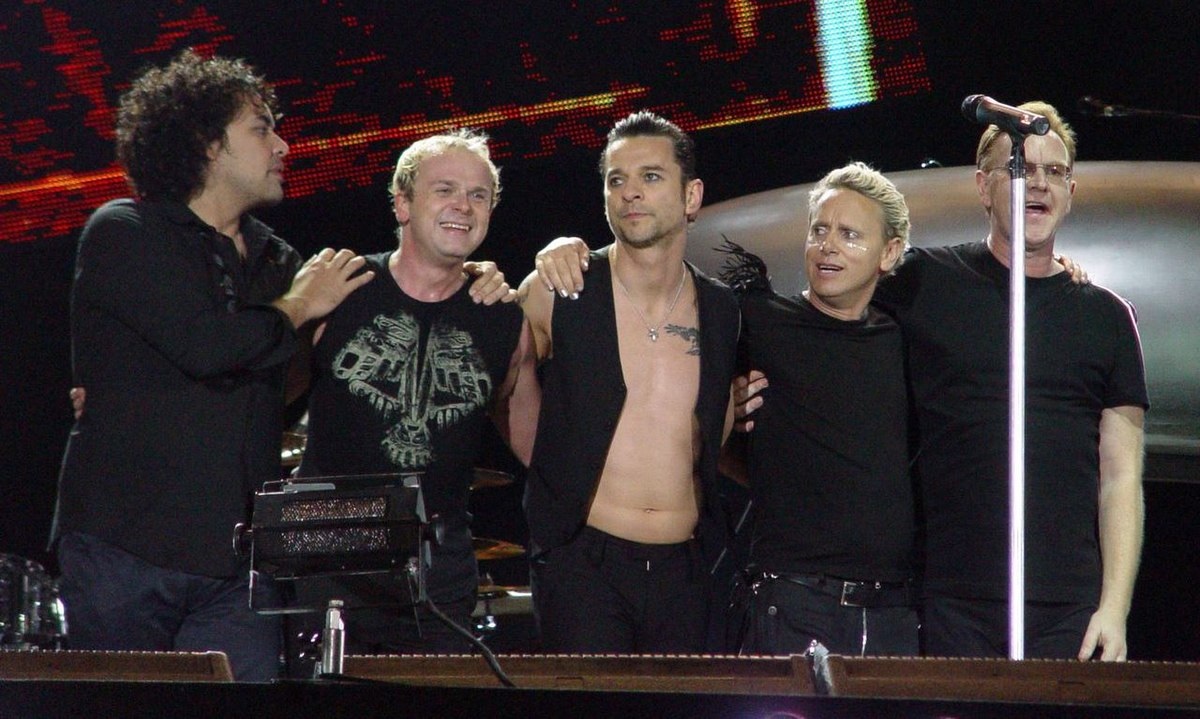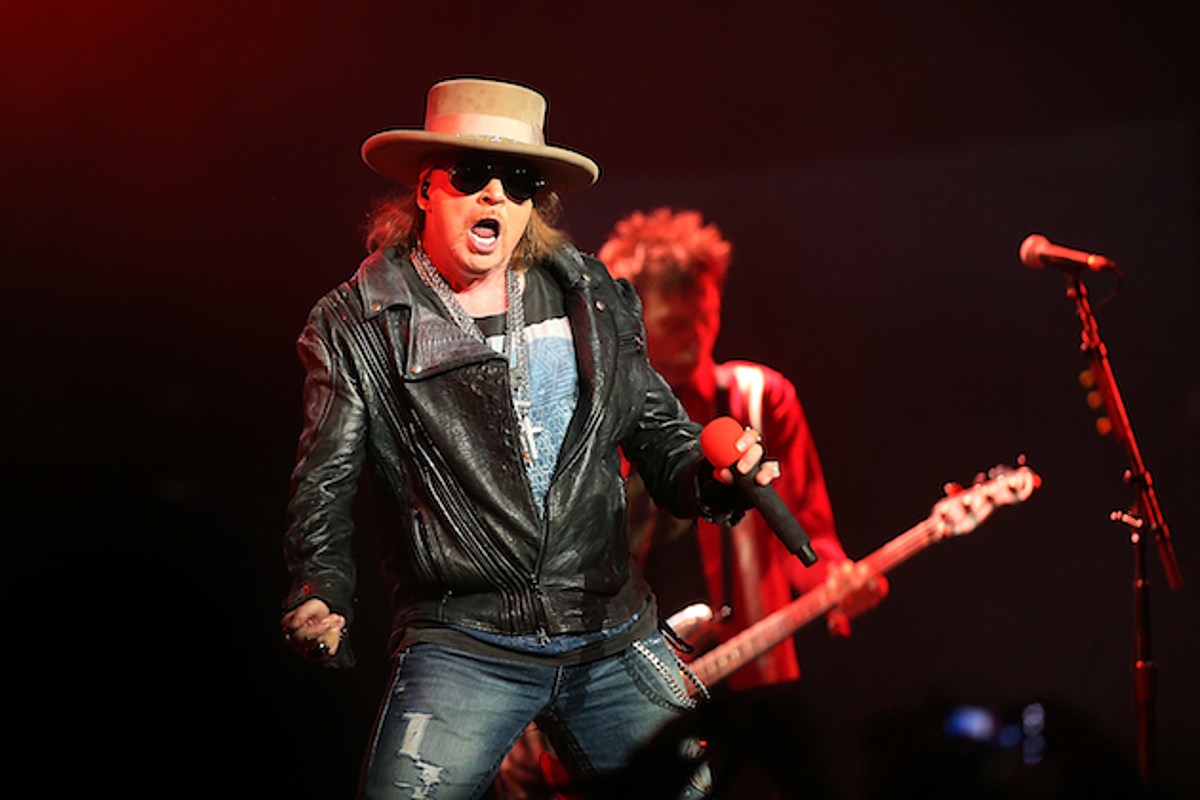Depeche Mode Officially Announced Closure: Historic Music Ban Comes to a Close After Years
In a moment that will be etched in music history, Depeche Mode announced the official closure of a music ban that has cast a shadow over the industry for years. This landmark decision marks the end of an era of restrictions that silenced countless voices and stifled creative expression across multiple generations. Fans, musicians, and industry professionals are all celebrating the long-awaited reversal, eager to reestablish a thriving cultural landscape that was once driven underground.
A Ban That Shaped a Generation
The music ban, instituted under a controversial policy more than a decade ago, was an unprecedented attempt by authorities to curb what they described as the “negative influence” of popular music. The policy targeted specific genres and artists, including bands like Depeche Mode, who were considered too provocative for the nation’s cultural fabric. While the government insisted that the ban was necessary to preserve the country’s values and traditions, critics argued it was a draconian measure that eroded free expression and cultural diversity.

In practice, the ban had sweeping implications for the music industry. Record sales plummeted, radio stations were restricted from playing banned tracks, and live performances became a rarity. Many artists found themselves forced to operate in the shadows, releasing music independently or performing in secret locations. Others left the country in search of freedom to pursue their craft. For younger generations, the ban deprived them of a connection to global music trends and, in many ways, shaped their cultural experience.
The Role of Depeche Mode
Depeche Mode, the legendary British electronic band, became an unexpected symbol of resistance during the ban. Despite being one of the groups directly affected, their music remained popular in underground circles. Fans continued to swap bootlegged copies of their albums, and secret listening parties became a form of quiet rebellion against the oppressive cultural policies.
The band’s music, which often explores themes of alienation, rebellion, and personal struggle, resonated deeply with those living under the restrictions. Depeche Mode’s ability to endure, even in the face of censorship, made them an emblem of artistic resilience. Over the years, their music became a lifeline for many who longed for creative freedom, offering a sense of hope that the ban would one day be lifted.

Dave Gahan, Depeche Mode’s frontman, reflected on the band’s role during these years in a recent interview. “We never intended to become political symbols, but our music spoke to people in ways we could never have anticipated. It was humbling to learn how much it meant to those living under the ban, and we’re honored to have played a small part in keeping the spirit of music alive.”
The Ban’s Impact on the Music Industry
The music ban had a profound impact on the nation’s cultural identity. With no new music allowed from outside sources and a tight grip on what could be produced locally, a creative void formed. Traditional music genres, while important, could not fill the gap left by popular music. Youth culture, which had always been shaped by global music trends, became stagnant. Social gatherings, once punctuated by new songs and live performances, grew quiet, with music disappearing from public spaces.
As the years passed, the restrictions fostered a generation of artists who were forced to find innovative ways to share their work. The underground music scene flourished as a result, with DIY venues popping up in basements, warehouses, and remote locations, far from the eyes of authorities. These secret performances and makeshift recording studios became hubs for artistic experimentation, creating a sense of community among musicians and fans alike.
The ban also had economic consequences. The music industry, once a thriving sector contributing to tourism and entertainment, shrunk dramatically. Record stores shuttered, concert venues closed their doors, and promoters found themselves out of work. Entire careers were derailed, with countless artists either giving up their dreams or moving abroad to find creative opportunities.
The Long Road to Reversal
The decision to lift the ban did not happen overnight. It was the result of years of advocacy, lobbying, and protest by artists, cultural figures, and human rights organizations. Depeche Mode, along with many others, played a key role in this movement, lending their voices to calls for change. In the early days, these efforts were met with resistance, but over time, the tide began to turn.
Public opinion shifted dramatically in favor of lifting the ban, especially as younger generations, raised without access to new music, began to demand more cultural freedom. Social media played a pivotal role in organizing movements and raising awareness about the issue, with fans using online platforms to share their stories and call for change. Artists from around the world also lent their support, performing in solidarity with those affected by the restrictions.

One of the turning points came when a group of renowned musicians, including Depeche Mode, released a collaborative album that was shared entirely through underground channels. The project gained international attention, highlighting the absurdity of the ban and putting pressure on the government to reconsider its stance. Soon after, public discussions about the cultural value of music gained traction, leading to a gradual relaxation of restrictions.
In the final years leading up to the announcement, several high-profile political figures began to express support for ending the ban, citing the economic and cultural losses it had inflicted. This growing momentum culminated in the government’s decision to officially close the chapter on the ban, marking a significant victory for freedom of expression.
A New Dawn for Music and Culture
With the music ban officially over, the nation is poised for a cultural renaissance. Artists, many of whom have been waiting in the wings for years, are now preparing to step back into the spotlight. Record labels are eager to sign fresh talent, and concert venues are booking shows at a pace not seen in over a decade.
Depeche Mode, whose music became a beacon of hope during the years of silence, plans to celebrate the occasion with a historic live performance, set to take place in the country’s capital. The band has expressed deep gratitude to their fans, many of whom have supported them through the darkest days of the ban. “This is a moment of joy for all of us,” said Gahan. “We’re not just celebrating the return of music; we’re celebrating the resilience of those who never gave up on it.”
The end of the ban also opens up opportunities for international collaborations, with artists from around the world eager to engage with a country that has long been isolated from the global music scene. Music festivals, which were once a distant memory, are already being planned, promising to attract tourists and reinvigorate the economy.
Looking Ahead
As the country steps into a new era of artistic freedom, the closure of the music ban is seen not only as a victory for musicians but as a broader symbol of progress. The resilience shown by the creative community during these years has demonstrated the power of art to overcome adversity and connect people even in the most challenging times.
For Depeche Mode and the countless other artists affected by the ban, this moment is more than just the end of a policy—it is the beginning of a new chapter where music can once again thrive, unrestricted and celebrated by all.



